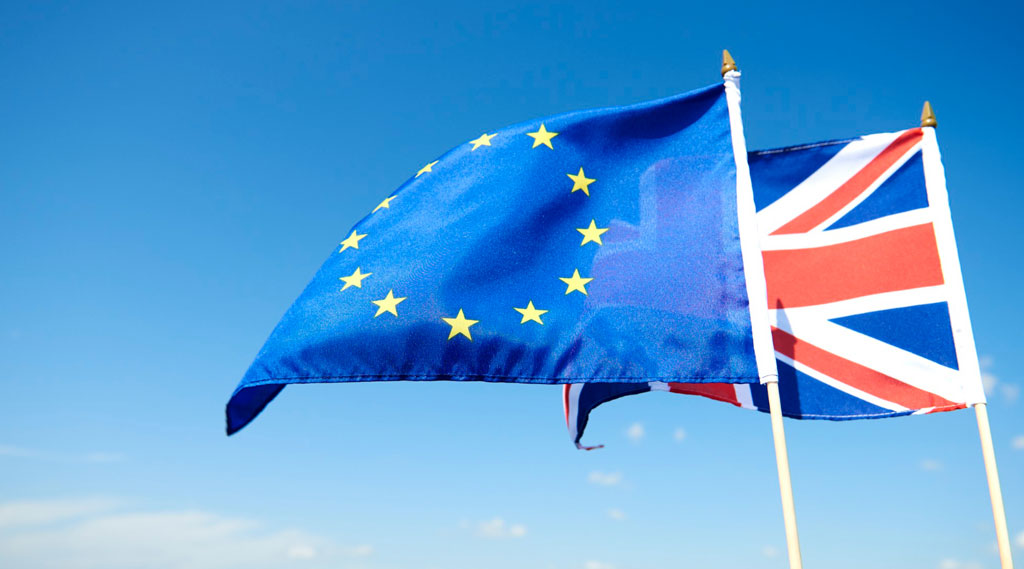

Living in Spain after Brexit will never be the same for the almost 400,000 Britons residing in the Kingdom of Spain.
As the United Kingdom left the European Union, the legal situation of the large number of British citizens living in Spain changed and procedures such as obtaining a residence permit or a Foreigner Identity Number (NIE), opening a bank account or buying a property, etc., have changed.
Living in Spain after Brexit has varied not only for Britons residing in the country prior to Brexit, but also for UK citizens interested in settling in Spain.
The NIE, Número de Identificación de Extranjero or Foreigner Identity Number, is an electronic document that all foreigners related to Spain for different reasons must have, regardless of whether they are foreign residents or will stay for less than three months.
Requirements to obtain the NIE are as follows:
You can apply for a NIE at the Dirección General de la Policía (Directorate General of the Police) or at the Comisaría General de Extranjería y Fronteras (General Commissariat for Foreigners and Borders).
Some things have not changed for those living in Spain after Brexit. The steps you must take to open an account in Spain as a foreign resident remain the same:
Living in Spain after Brexit and buying a property is still possible and is considered a great opportunity for British nationals looking to invest.
Despite not being citizens of the European Union, British nationals enjoy the same rights and guarantees as EU citizens when buying property in Spain.
Brexit has not affected taxes associated with the purchase or transfer of property, such as the Impuesto sobre Transmisiones Patrimoniales (Transfer Tax), the Impuesto sobre el Título de Propiedad (Land Title Tax), the land registry fee, etc.
But it has changed the tax rate UK citizens have to pay on the income they earn from renting property. Previously, Britons paid 19% on rental income; now they have to pay 24% for the Impuesto Sobre la Renta de No Residentes (Non-Resident Income Tax).

